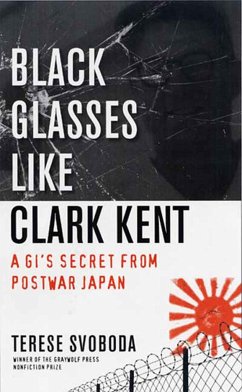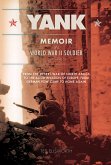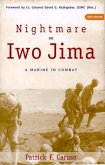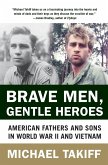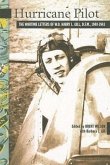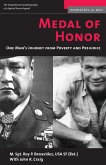After her Uncle's suicide, Terese Svoboda investigates his stunning claim that MPs may have executed their own men during the occupation of Japan after World war II [Our captain] commended us for being good soldiers and doing our job well and having a minimum of problems. Then he dropped a bomb. He said the prison was getting overcrowded, terribly overcrowded. As a child Terese Svoboda thought of her uncle as Superman, with "Black Clark Kent glasses, grapefruit-sized biceps." At eighty, he could still boast a washboard stomach, but in March 2004, he became seriously depressed. Svoboda investigates his terrifying story of what happened during his time as an MP, interviewing dozens of elderly ex-GIs and visiting Japan to try to discover the truth. In Black Glasses Like Clark Kent, winner of the Graywolf Nonfiction Prize, Svoboda offers a striking and carefully wrought personal account of an often painful search for information. She intersperses excerpts of her uncle's recordings and letters to his wife with her own research, and shows how the vagaries of military justice can allow the worst to happen and then be buried by time and protocol
Hinweis: Dieser Artikel kann nur an eine deutsche Lieferadresse ausgeliefert werden.
Hinweis: Dieser Artikel kann nur an eine deutsche Lieferadresse ausgeliefert werden.

